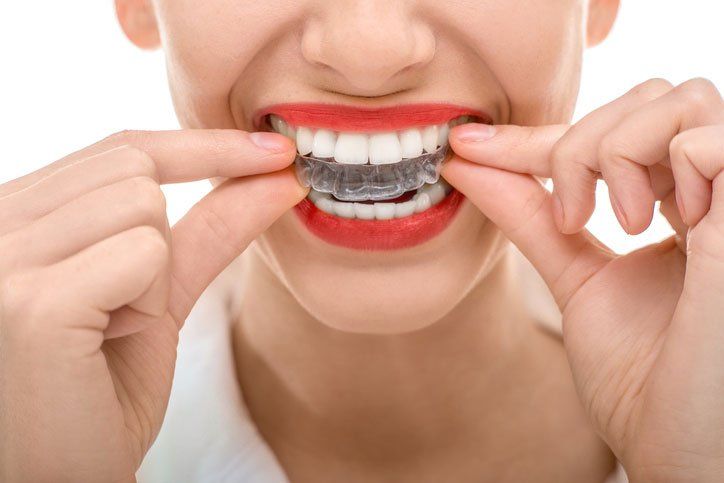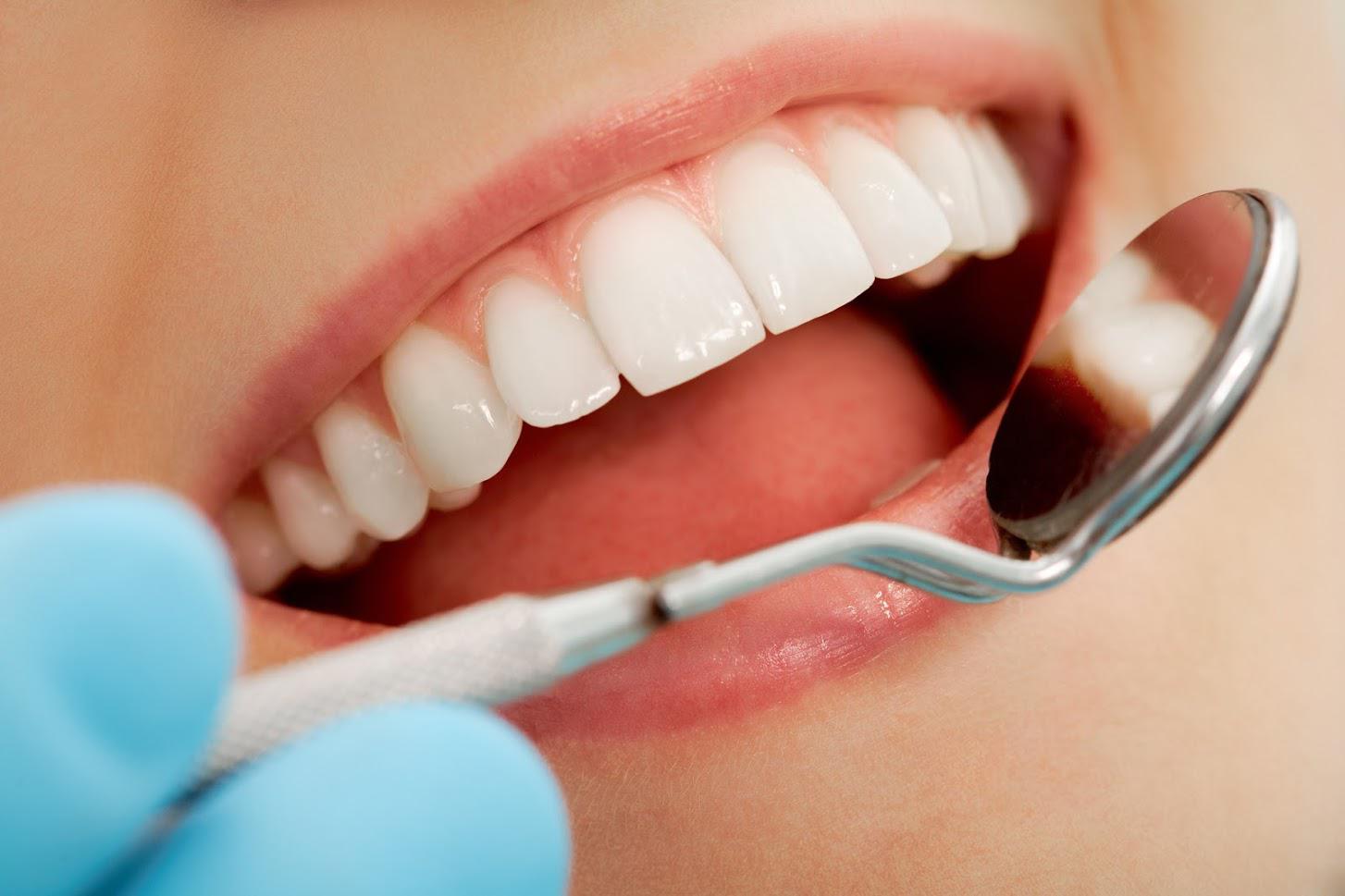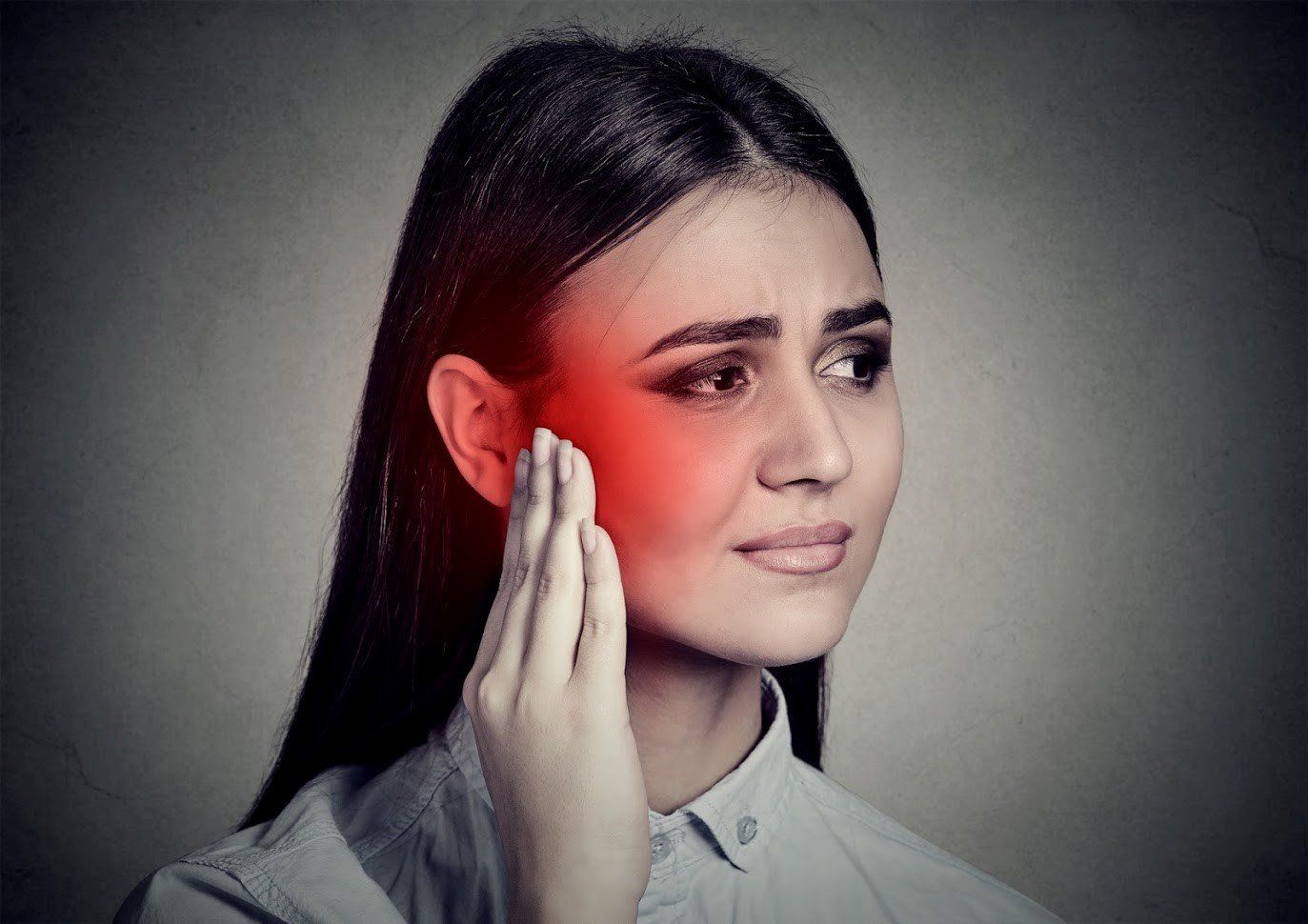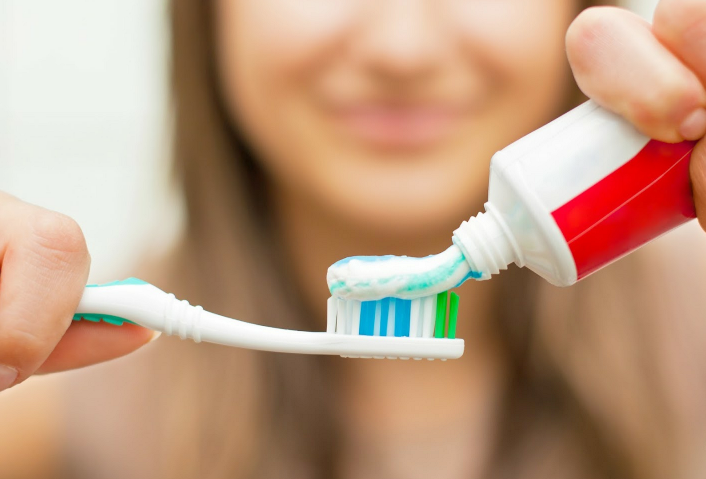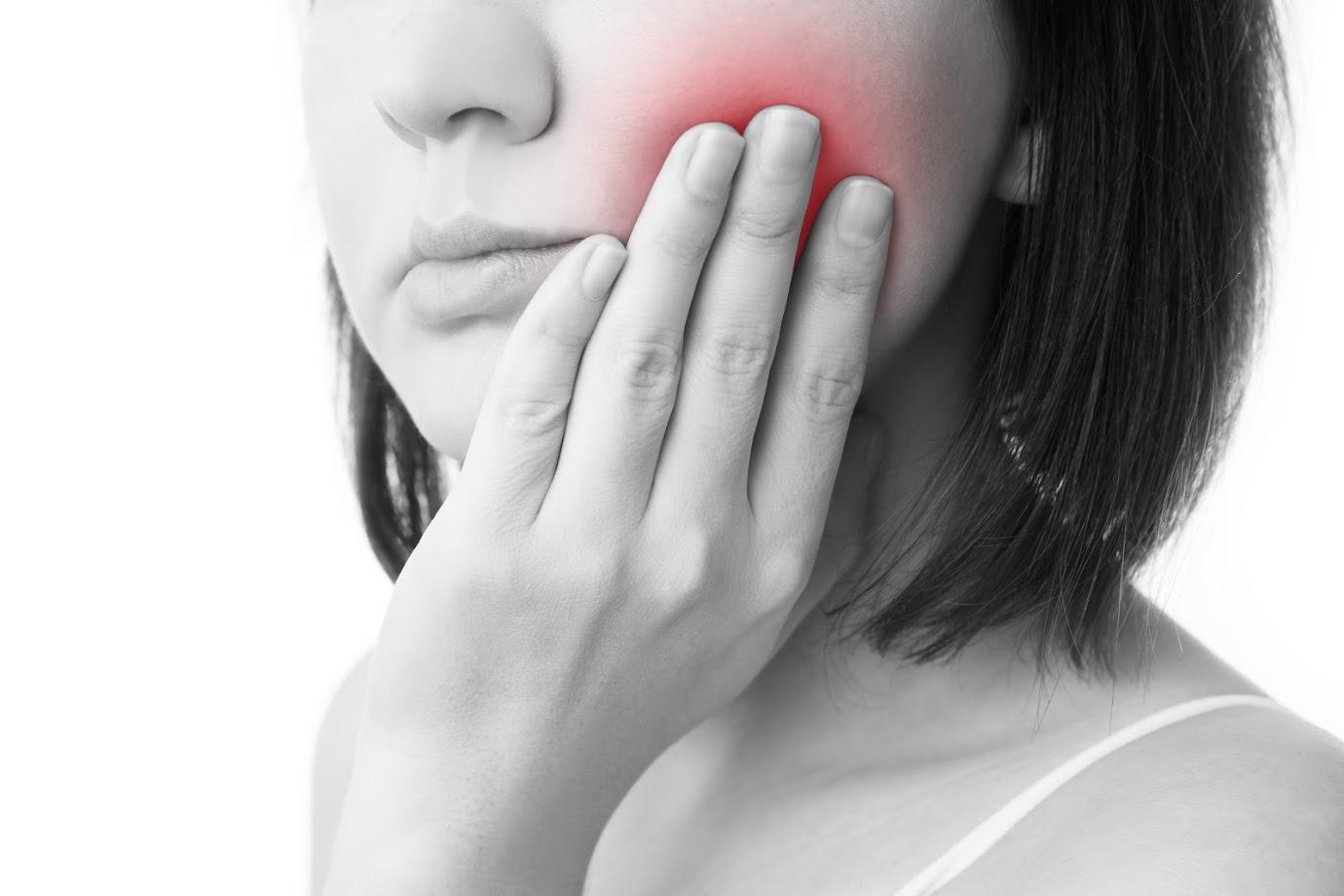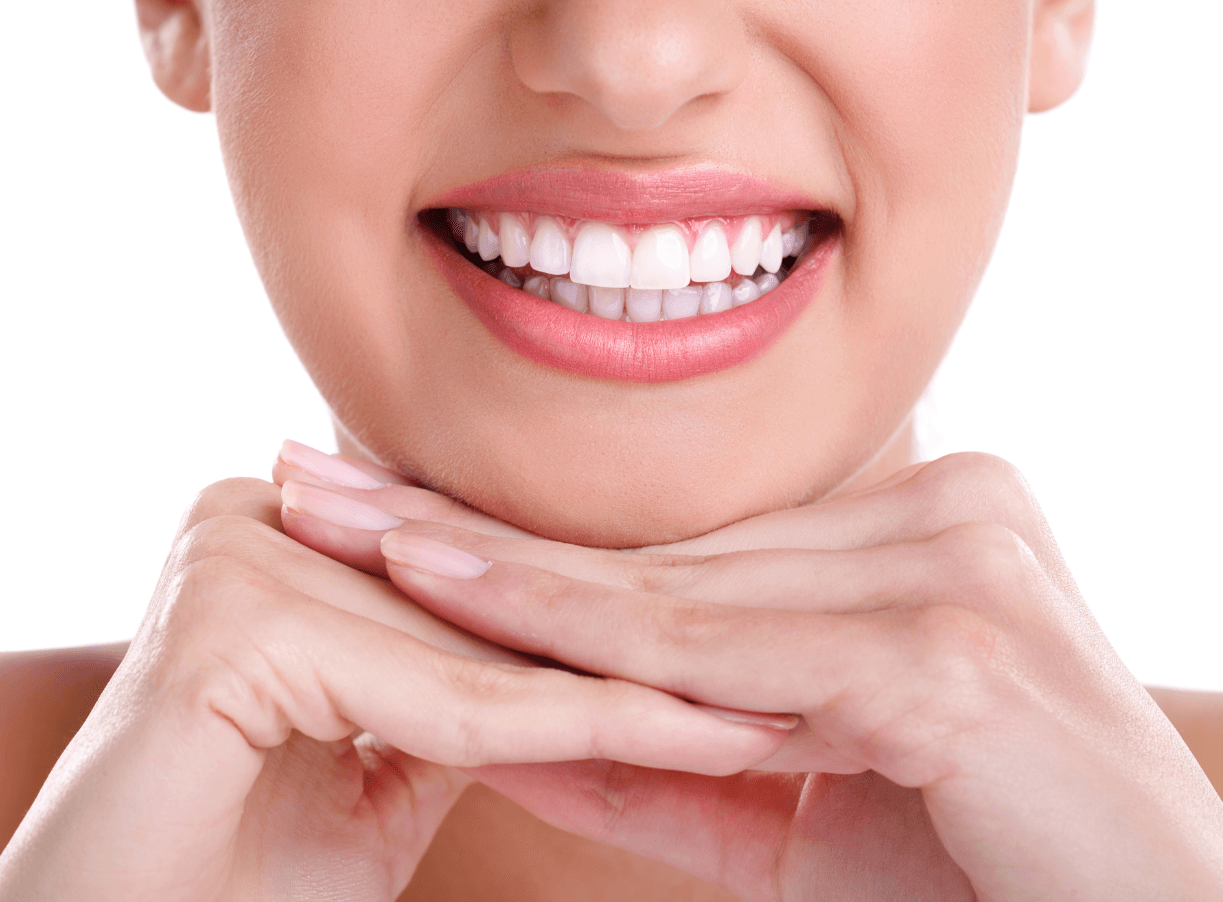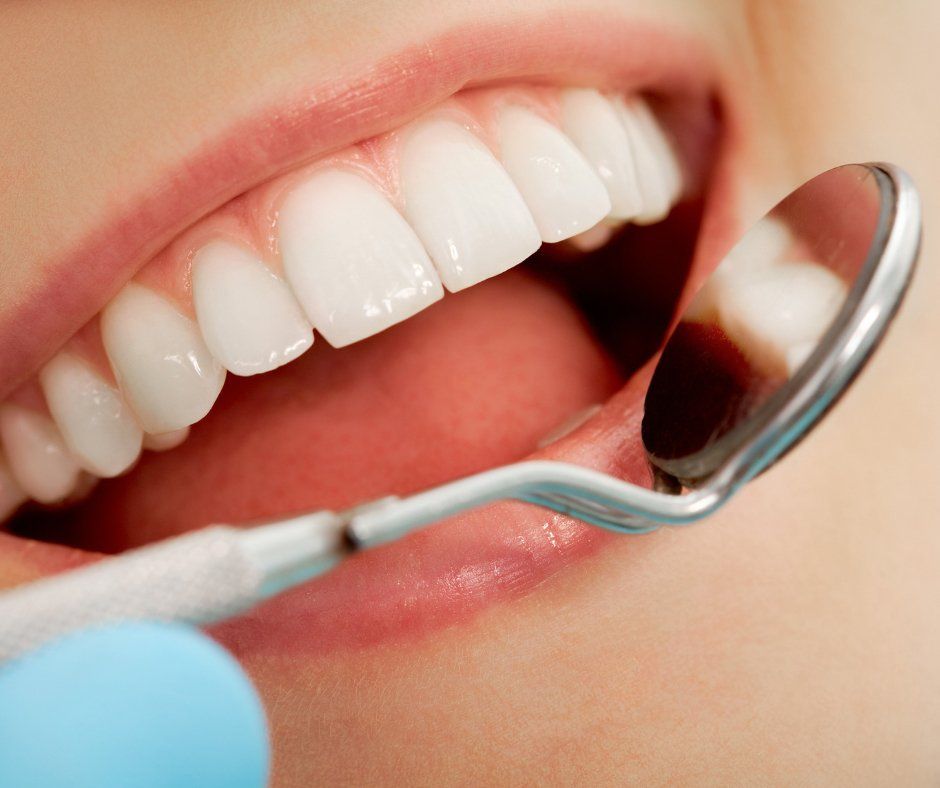7 Common Culprits of Halitosis (Bad Breath)
- By Admin
- •
- 13 May, 2020
- •
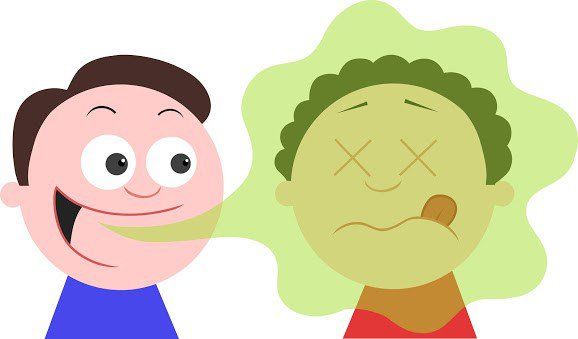
An estimated 30 percent of the population struggles with bad breath, a condition that is commonly referred to as oral malodor or halitosis. Bad breath is often caused by the foods you ingest, but it could also be a sign of an underlying oral health issue. This article will explain the seven common causes of bad breath and also give you tips on how you can prevent them.
1. Odor-Causing Oral Microbes
Gas-emitting oral microbes are by far the most common cause of foul breath. Over 700 species of microbes have been identified in the mouth. If proper oral care methods are not followed, these oral microbiomes increase rapidly, and they start to feed on the food debris that gets stuck in the gums and teeth.
The toxic compounds the microbes produce eventually develop a stinky odor. Brushing, flossing, and cleaning the tongue every day can help reduce the number of oral bacteria and neutralize any acids and eroding compounds in the month.
2. Salivary Gland Dysfunction (Dryness of the Mouth)
Salivary gland dysfunction exposes the mouth to erosive challenges posed by streptococcus mutans or other acid-producing microbes and the enamel-eroding compounds from ingested foods. Eventually, this leads to tooth decay, which is a leading cause of halitosis. To remedy dry mouth:
- Drink water regularly
- Avoid sugar and spicy foods
- Use a humidifier
You can also find a variety of oral care products that can help minimize dryness of the mouth, but you should never use any of them without consulting a dental health care provider.
3. Oral Diseases
If you have an oral disease or infection, halitosis may occur because infections cause increased inflammation, which creates gum pockets in which bacteria and other bad-breath organisms hide. Periodontitis, gingivitis, oral cancer, cold sores, and fever blisters are some of the diseases and infections associated with halitosis.
Oral issues also result in reduced production of salivary calcium phosphate ions, which help neutralize volatile sulfur compounds (VSCs) from foods and bacteria.
4. Protein and Sugary Diets
Food that has high amounts of proteins, glycoproteins, or sugar can cause bad breath. Most oral microbes feed on sugar and proteins. So, the more you eat protein or sugar-rich foods, the more the microbes flourish, which, in turn, leads to increased amounts of toxic and smelly compounds.
Pungent foods and drinks can also cause a foul oral smell.
5. Tobacco Usage
Aside from causing teeth stains, gum irritation, and decreased ability to taste foods and drinks, tobacco products can also cause a foul odor on the breath. Tobacco products — whether it's e-juices or the regular cigarettes — dry out the oral cavity, and this creates an ideal environment for odor and acid-producing bacteria to thrive.
6. Medications
Some medications can contribute to oral malodor or make it even more pronounced. According to a study of the literature, if you are taking a drug that contains dimethyl sulfoxide, cysteamine, disulfiram, suplatast tosilate, nitric oxide, or penicillamine, you may develop drug-related halitosis.
7. Tonsil Stones
Sometimes food debris gets stuck in the crypts on the surface of the palatine tonsil. The debris favors the rapid growth of bad-breath microbes in the mouth and throat cavity.
An unpleasant oral smell can lower your self-esteem. Luckily, the problem can be treated. But you should not deal with it on your own. You might need the help a general dentist. A seasoned dentist can examine the situation, prescribe medications, and provide proven tips that you need to fix the issue once and for all.
If you are in the Northwest, Washington, DC, and have an oral health issue, our seasoned dentists can help you fix it. Get in touch with us today.





